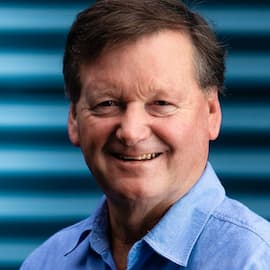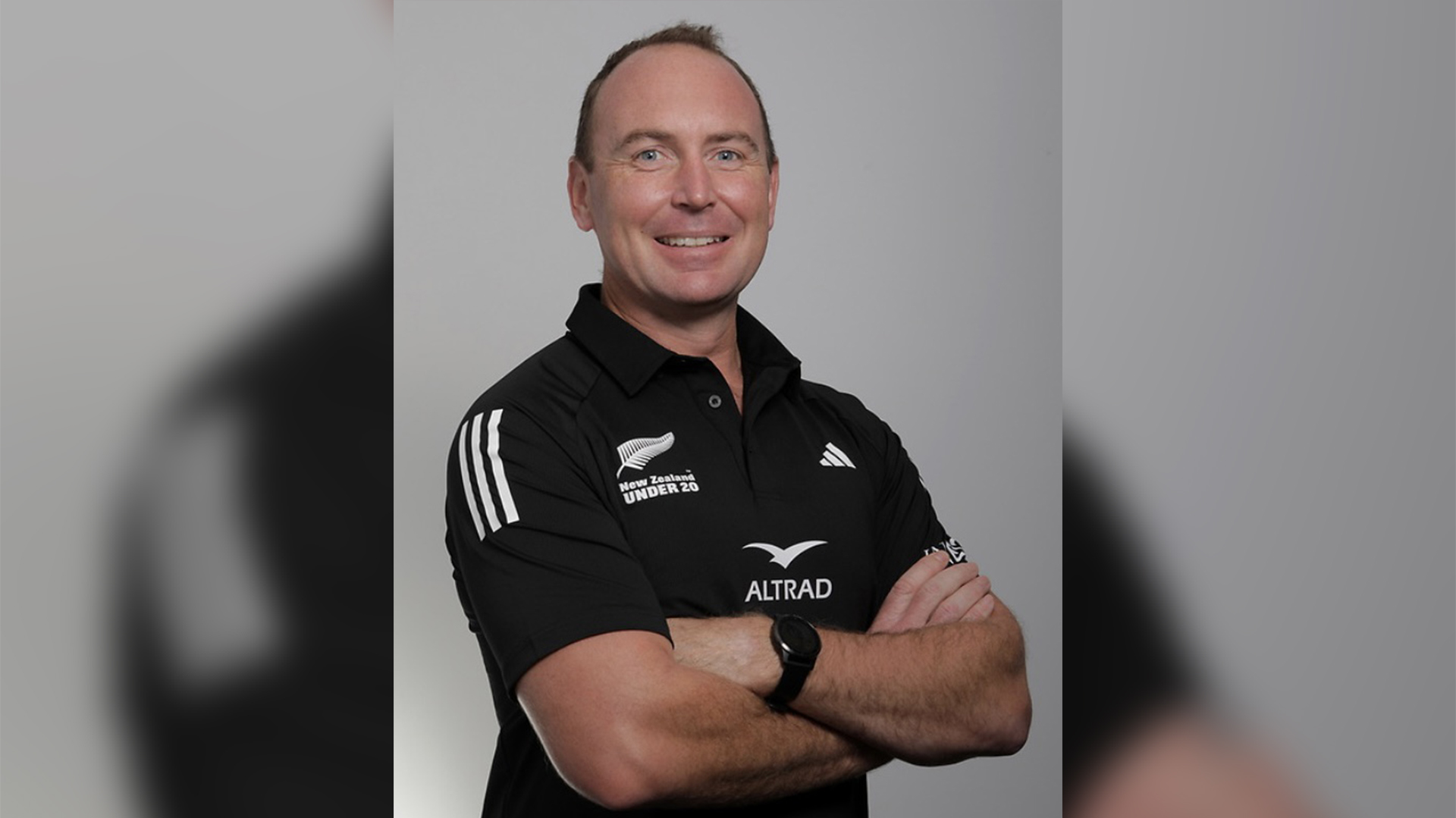Blenheim Physio part of NZ team's bid for world title


Richie Marsden has a lengthy history working with elite sporting teams. Photo: Supplied.
He may not be making tackles or scoring tries, but Blenheim Physiotherapist Richie Marsden is set to play an integral role in the New Zealand under-20 rugby side’s quest for world dominance.
The 40-year-old director of Edge Physio travelled to South Africa at the weekend, beginning a five-week campaign as lead Physio with the national side who will take part in the World Rugby under-20 championship, beginning on June 24.
This is not Richie’s first rodeo, but the thrill of being part of an international campaign endures.
“Any time you pull on the silver fern is a highlight,” he says. “There is no better feeling than standing on the side of the field singing the anthem, then watching the team perform the haka. The hairs on the back of your neck stand up. Game day is pretty special when you have a silver fern on your chest.
“I feel that I am representing not only New Zealand but also my family, as well as Blenheim and Tasman on the international stage.”
Richie has been involved in Sports Physiotherapy since leaving Otago University in 2004.
Initially tied up with the Canterbury Wizards cricket side and the Canterbury Rams basketballers, he quickly progressed to international status, being involved with the NZA cricket side and the Black Caps.
During a two-year stint in the UK he worked with the Essex county cricket team before returning to New Zealand and switching his attention to rugby.
He travelled abroad with the Samoan national side, then did some work with the Blues before shifting back to his home town of Blenheim in 2013.
Richie was quickly picked up by Tasman rugby and has been involved with the Mako ever since. He also worked with the NZ Secondary Schools side for four years and has been part of the NZ Under-20s set-up since 2020.
His lengthy involvement enables him to recognise the evolving role of a sports team physio.
“The way that physiotherapists are seen within a team has changed … we are more about rehabilitation as opposed to massage. We do very little of that nowadays, it is all about gym-based rehab and exercise.
“There are not many players who are operating at 100 percent. Everyone has a little niggle, so it is about educating them that it is safe to play with a little bit of discomfort.
“With the younger teams it is also about educating them around the expectations of being a professional rugby player … because we have quite a diverse group. We have some who come from Super Rugby and know what is expected in terms of preparation, personal strength and conditioning, plus rehab work. Then we have others coming from club rugby who have never seen it before as well.
“We still have our core roles of injury diagnosis, on-field management of injuries, pre-game and training strapping, but it quite a broad role now,” he explained.
Richie particularly relishes the development aspect of his job, seeing young players reach their potential, whether in the side he is associated with or further down the track.
“Just watching players’ progress and knowing that you have played a small part in the process of helping them get there is a thrill. The idea of the programme was to develop better rugby players, but it is also about developing better people.
Richie feels that, of all the management team, the Physio probably has the closest relationship with the players.
“The physio table does funny things to people … you have got to get to know them so they trust you. They won’t present to you with injuries if you don’t have that level of trust.
“We have to make some hard decisions at times, which can affect their careers but we have always got to think what is best for the player and their future, plus do what is best for the team.
“It goes both ways … sometimes we have to educate a player that they can’t play, are unable to, because every player wants to play. But, at the other end of the spectrum there are times when a player is uncomfortable but we can show them that it is safe to play.”
As the game of rugby has evolved, along with the player’s physiques, so have the nature of injuries.
“Every player is probably 10kg heavier than they were say 10 years ago … so the forces in play are huge and we are seeing a lot more collision-based injuries, as opposed to soft tissue injuries, such as calf and hamstring strains, which we have now got pretty good at managing and preventing.”
A hot topic nowadays is the impact of head injuries, with Richie suggesting that there are probably no more concussions now than previously but “we are much more aware of them now and manage them better”.
“Back in the day it seemed to be a sign of how tough you were if you got up and played on … now the players are more aware and accepting, they know that the whole process is being managed better than before.
“The worry though is that support mechanism is not available at lower levels.”
With rugby commitments continually taking him away from home, Richie is mighty thankful for the efforts of the team at Edge Physio for carrying the can while he is abroad, plus his wife Emma, daughter Olivia and son James for their eternal encouragement and support.
“There is an impact on family,” he said. “The timing of the [SA] trip means I will miss James’ first day of school … so I am so grateful to Emma and the kids for letting me follow my dream.”
One of Richie’s favourite quotes suggests, “If you do something you love, you never work a day in your life”.
That logic, coupled with the obvious passion he brings to his role and vast experience, make him an ideal fit for a team hell-bent on emulating the efforts of the 2017 side, the last time NZ lifted the Under-20 crown.
